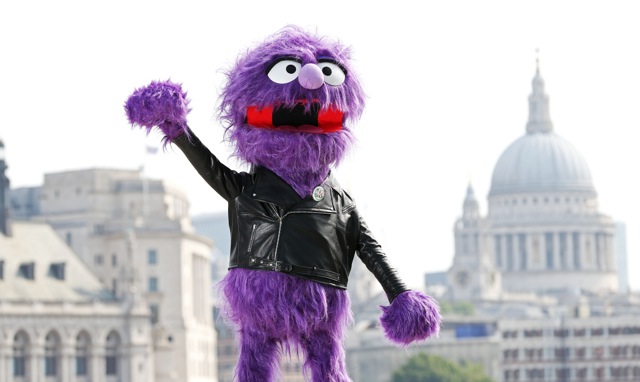Three believes its strategy of “making things right” for customers is paying dividends. Over the past two years it has offered 4G at no extra cost, abolished some roaming costs in 18 countries and introduced Voice over Wi-Fi.
Its first half results show revenues are up 10 percent to £1 billion and the company attracted 391,000 new customers during the first sixth months of the year, bringing its total user base to 8.8 million.
“Our approach is simple: listen to what customers want so they stay with us longer and encourage others to join,” chief financial officer Richard Woodward told journalists earlier today. “In a nutshell, customers are joining and staying with Three and spending more money.”
Make it right in the future?
 But such aggressive moves are easy when you’re the UK’s smallest mobile operator with a point to prove.
But such aggressive moves are easy when you’re the UK’s smallest mobile operator with a point to prove.
Even its purple-puppet themed marketing message at the moment attempts to dispel many of the perceived myths about Three and how it fixes “stuff that sucks” in the mobile industry in a bid to tempt those sticking with more established rivals.
Over the past 12 years, Three’s strategy has been effective, but the proposed merger with O2 goes ahead, will Three have the same incentive to continue disrupting?
Analysts have suggested that prices in some consolidating markets in Europe have gone up, while Ofcom essentially engineered the 4G spectrum auction so there would be four major operators. However despite its firm belief consumers and businesses have benefited from the current situation and that it is sustainable, the regulator has voiced no objections to the parallel BT merger.
Three’s parent company Hutchison Whampoa is expected to formally apply for approval from the European Commission (EC) in the hope the transaction can be completed by the second quarter of 2016. Hutchison is expected to argue that the merger is the only way for O2 and Three to compete with Vodafone and a combined BT-EE, both of which are moving to quad-play.
Better together
Three itself denies competition will be harmed, claiming the respective strengths of the O2 and Three networks will be combined to offer more capacity, faster speeds and better service, helping consumers.
“For us, our immediate focus will be to take the best of both businesses,” added Woodward.
But gaining the trust and brand recognition of O2 will do much to install confidence in consumers, no matter how well Three has done over the past decade to secure market share.
Both operators have said they won’t be standing still while the proposed merger is examined and have in the past week announced their latest respective network upgrades.
Whether a merged entity, with more than 33 million customers, will continue to “make it right” in 2016 remains to be seen.
Are you up to speed on 4G? Try our quiz!





